
Daniel Gilligan
Director, Poverty, Gender, and Inclusion (PGI), Poverty,
Gender, and Inclusion

Back
With research staff from more than 60 countries, and offices across the globe, IFPRI provides research-based policy solutions to sustainably reduce poverty and end hunger and malnutrition in developing countries.

researcher spotlight
Carlo Azzarri is a Senior Research Fellow in the Innovation Policy and Scaling Unit. His work focuses on the relationships among poverty, nutrition, food security, agriculture, the environment, production, and migration—analyzed at both micro and macroeconomic levels, primarily using quantitative methods.

Back
Since 1975, IFPRI’s research has been informing policies and development programs to improve food security, nutrition, and livelihoods around the world.

Back
IFPRI currently has more than 600 employees working in over 80 countries with a wide range of local, national, and international partners.
Social protection aims to reduce poverty, increase opportunity, and strengthen individuals’ and households’ resilience to shocks. Social protection includes social assistance (such as cash transfers, public works, or school feeding), social insurance (such as old age pension, health insurance, and crop insurance), social care (such as family support services), and labor and economic inclusion (such as job search programs or economic inclusion programs). Social protection targets multiple risks (poverty, health, employment, natural disaster) at various stages of the life cycle (childhood, youth, adulthood, and old age).
IFPRI conducts rigorous impact evaluations on a variety of social protection programs, including unconditional and conditional cash transfer programs; emergency assistance in the form of cash and/or food; school feeding programs; maternal and child health and nutrition programs; public works programs; and insurance programs. These impact evaluations use state-of-the-art methodologies to evaluate the impacts of these policies and identify the most cost-effective designs for social protection programs.
Evaluations in social protection have assessed effects on poverty and food security as well as a wide range of other outcomes, including maternal and child health and nutrition, women’s empowerment, intimate partner violence, financial inclusion, labor, schooling, and mental health. Recently, IFPRI has focused on assessing how social protection can protect the well-being of individuals and households in LMICs against negative impacts of climate change and facilitate their adaptation to a changing climate. IFPRI had conducted impact evaluations of social protection programs and related research in Bangladesh, Brazil, Egypt, El Salvador, Ethiopia, Honduras, Malawi, Mexico, Nicaragua, and Turkey. It has also pointed to the important role these programs can play in crises including the COVID-19 pandemic, conflict, and regional exposure to natural disasters.
IFPRI’s research on this topic is closely aligned with the Sustainable Development Goals (SDGs), including SDG1, SDG2, and SDG16, and the CGIAR Impact Areas on Nutrition, Health, and Food Security; Poverty Reduction, Livelihoods, and Jobs; and Gender Equality, Youth, and Social Inclusion.
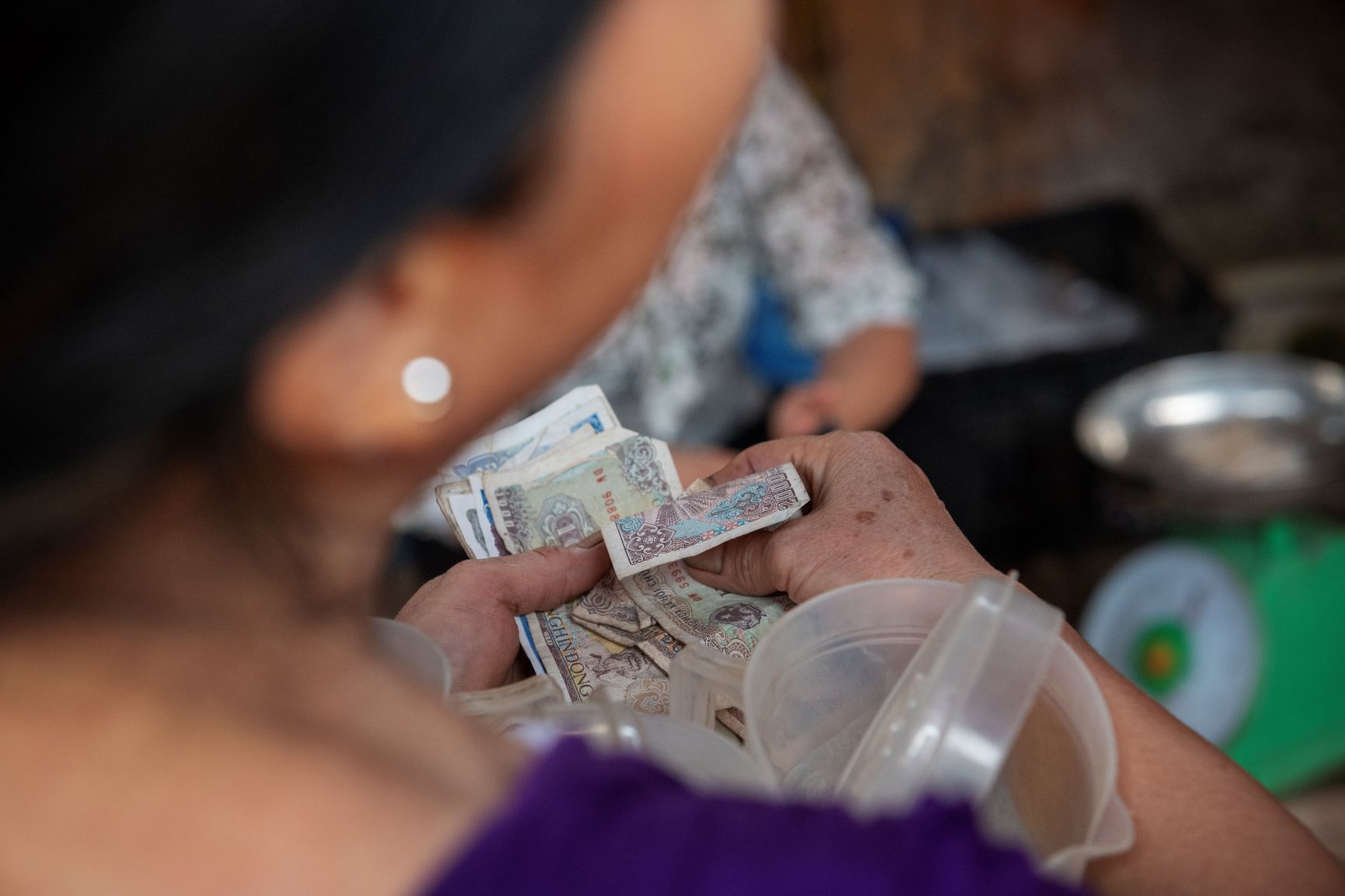

Journal Article

Journal Article
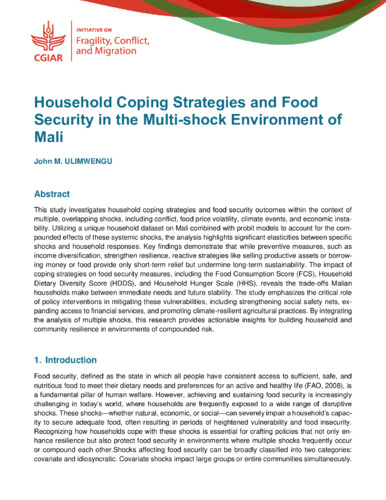
Working Paper
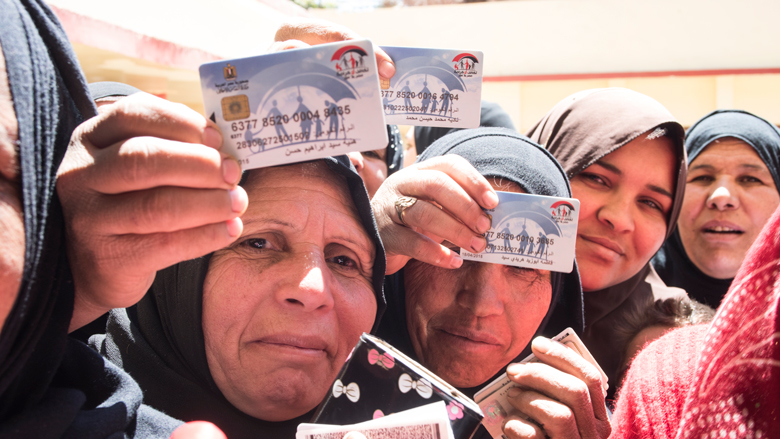
Assessing impacts of cash transfers.
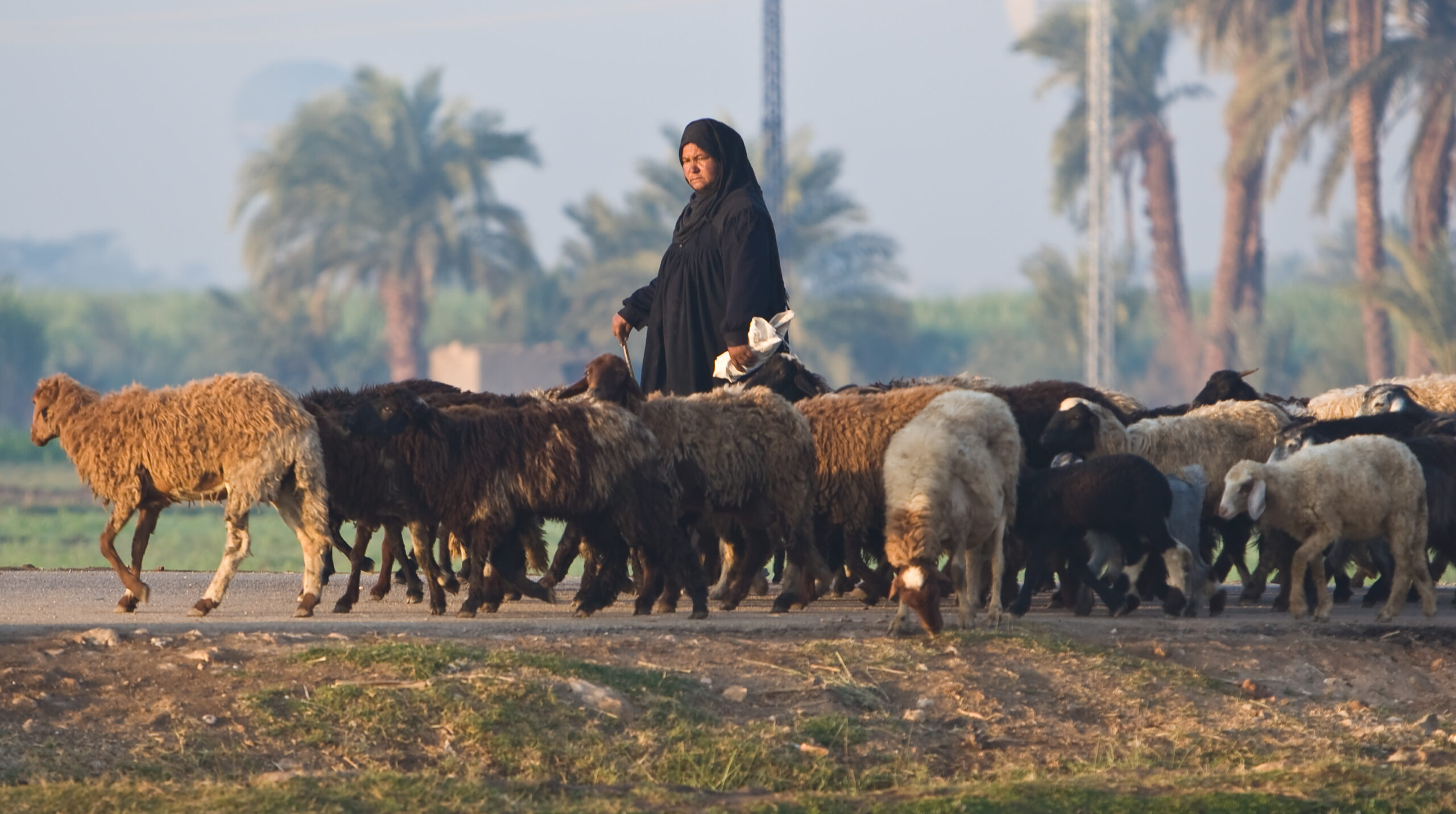
A path for moving out of poverty.
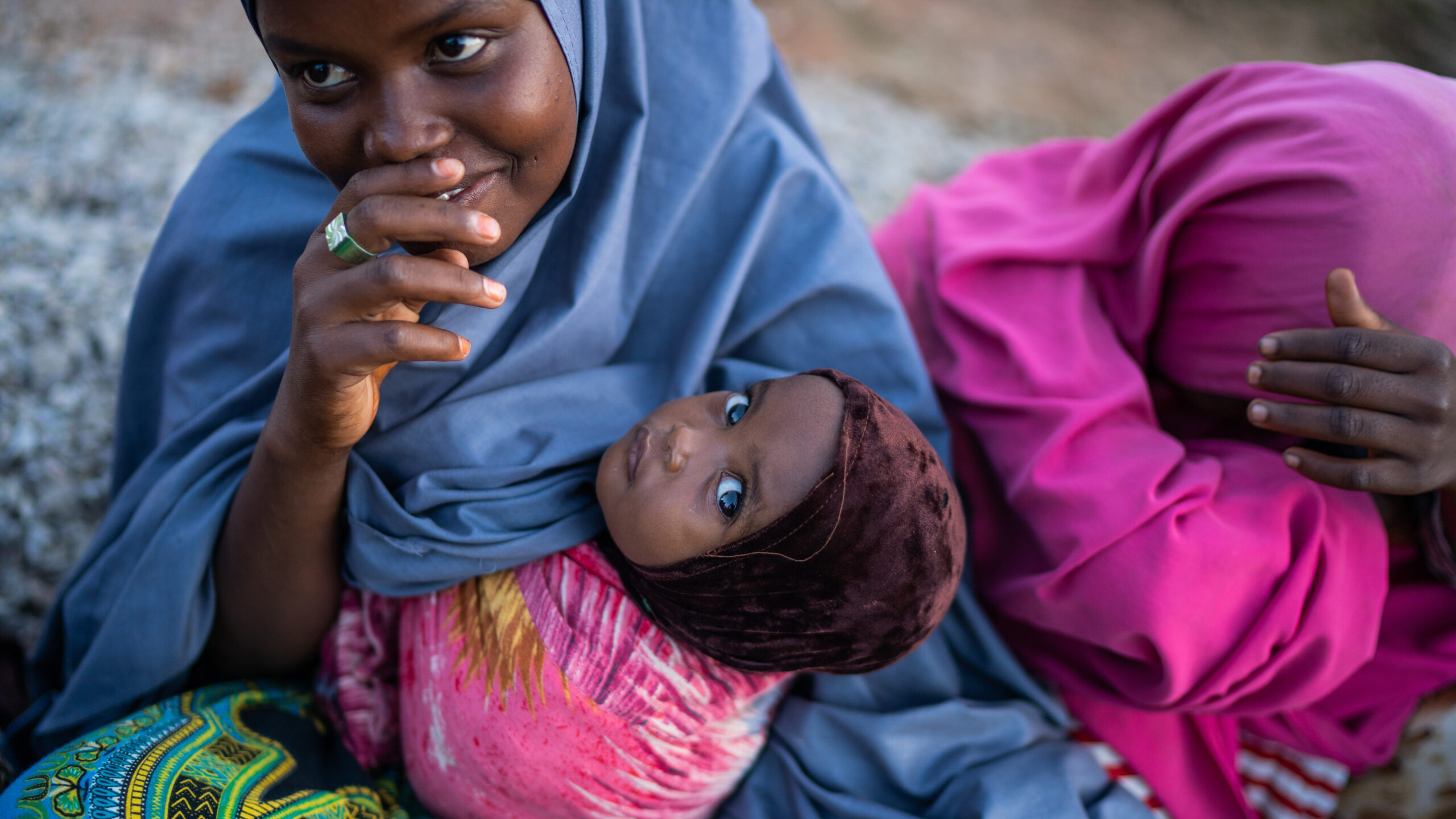
Moving from assistance to self-sufficiency.
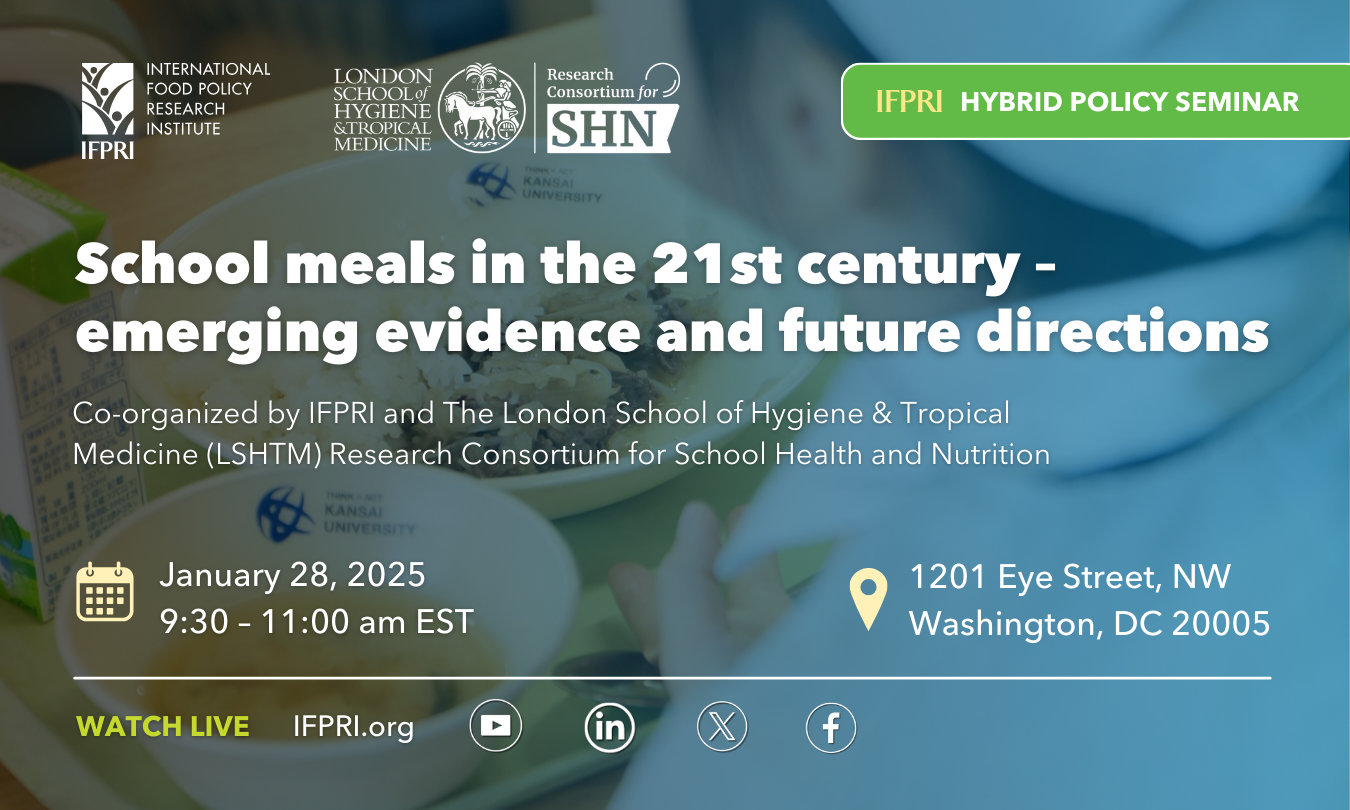
Undernutrition during childhood and early adolescence has long-term consequences for development and health, and for girls it can affect the survival and wellbeing of their children. Diet-related risk factors are estimated to cause 20% of global mortality, and changes in food systems have led to rapid shifts to unhealthy diets and reductions in physical activity, […]
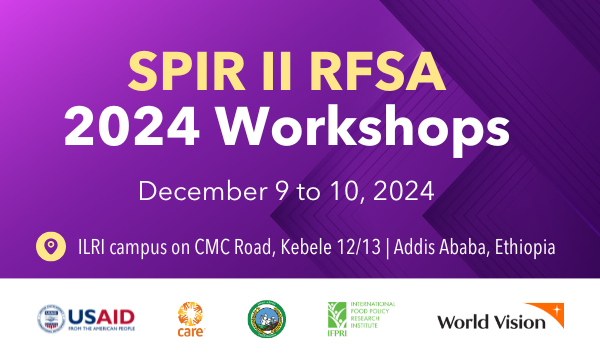
December 9, 2024 | 9:30am to 12:00pm (Africa/Addis_Ababa) | Video Recording | Presentation December 9, 2024 | 1:00pm to 3:30pm (Africa/Addis_Ababa) | Video Recording | Presentation December 10, 2024 | 9:30am to 12:45pm (Africa/Addis_Ababa) | Video Recording | Presentation Click HERE to view the agenda. The Strengthen PSNP Institutions and Resilience (SPIR II) Resilience Food […]
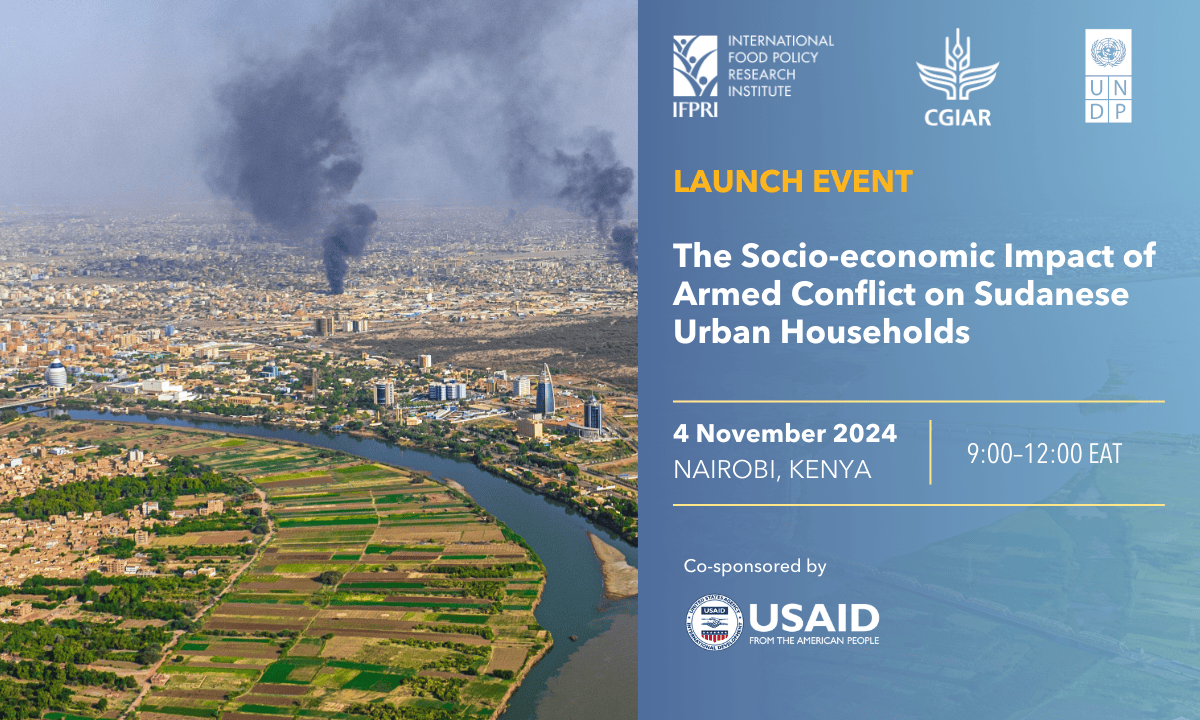
The ongoing conflict in Sudan has been concentrated in cities, with major impacts on urban households. Large numbers of families are displaced, employment is down dramatically, and most children are unable to go to school. A comprehensive survey conducted earlier this year by IFPRI’ Sudan Strategy Support Program and the United Nations Development Programme provides […]
School meal programs don’t just ensure children go to school and stay fed — they are a powerful force for change in communities and food systems worldwide. According to the results of the latest Global Survey of School Meal Programs© conducted by Global Child Nutrition Foundation (GCNF), school meal programs can increase demand for nutritious […]
“Poverty assessment methods powered by algorithms are supposed to make payments fairer, but activists and researchers say such tools often wrongly exclude people,” writes Reuters in a story on new tools to benefit social protection. Sikandra Kurdi, a researcher at the International Food Policy Research Institute (IFPRI), which was hired by the World Bank to […]
IRC mentions IFPRI in an article on its anniversary featuring organization’s history, achievements, and partnerships over the past 90 years. “Over the last 90 years, the IRC has generated or partnered in the creation of more impact research in conflict zones than any other organization.” “Google supported the IRC’s 2021 Anticipatory Action project in Nigeria, which […]

Director, Poverty, Gender, and Inclusion (PGI), Poverty,
Gender, and Inclusion

Director, Nutrition, Diets, and Health (NDH), Nutrition,
Diets, and Health
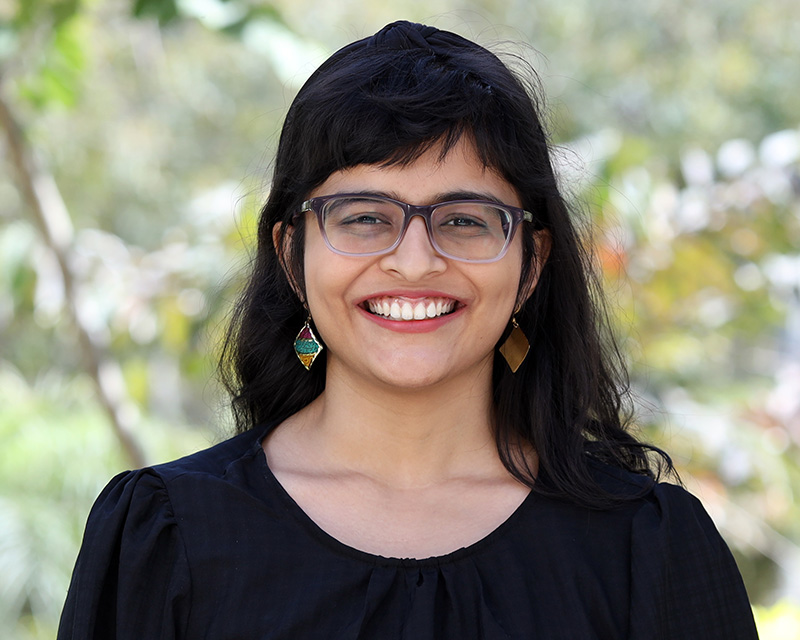
Research Analyst, Nutrition,
Diets, and Health

Senior Research Fellow, Nutrition,
Diets, and Health

Associate Research Fellow, Poverty,
Gender, and Inclusion
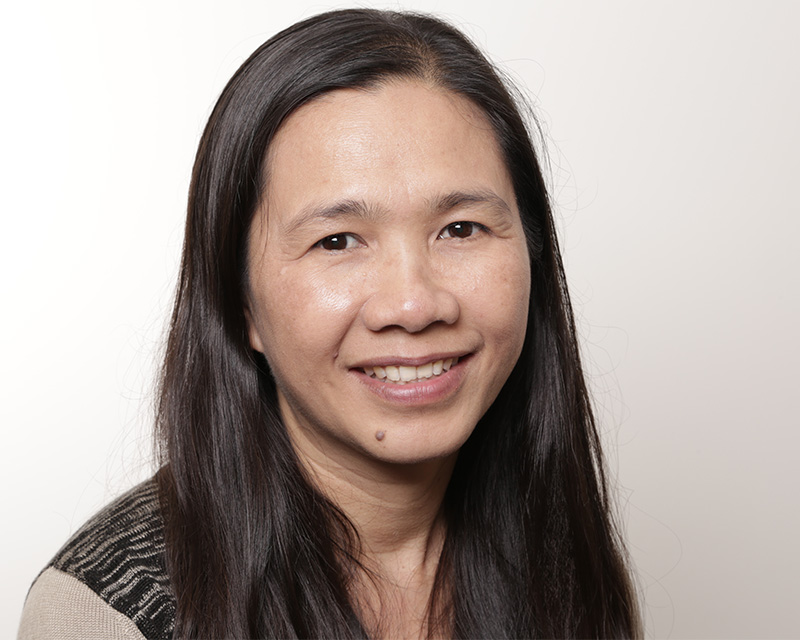
Senior Research Fellow, Nutrition,
Diets, and Health

Field Research Officer, Poverty,
Gender, and Inclusion

Project Manager, Development
Strategies and Governance

Program Manager, Poverty,
Gender, and Inclusion

Program Manager, Development
Strategies and Governance

Senior Program Manager, Poverty,
Gender, and Inclusion

Nonresident Senior Fellow, Nutrition,
Diets, and Health

Nonresident Fellow, Poverty,
Gender, and Inclusion

Nonresident Fellow, Foresight
and Policy Modeling

Communications Manager, Development
Strategies and Governance